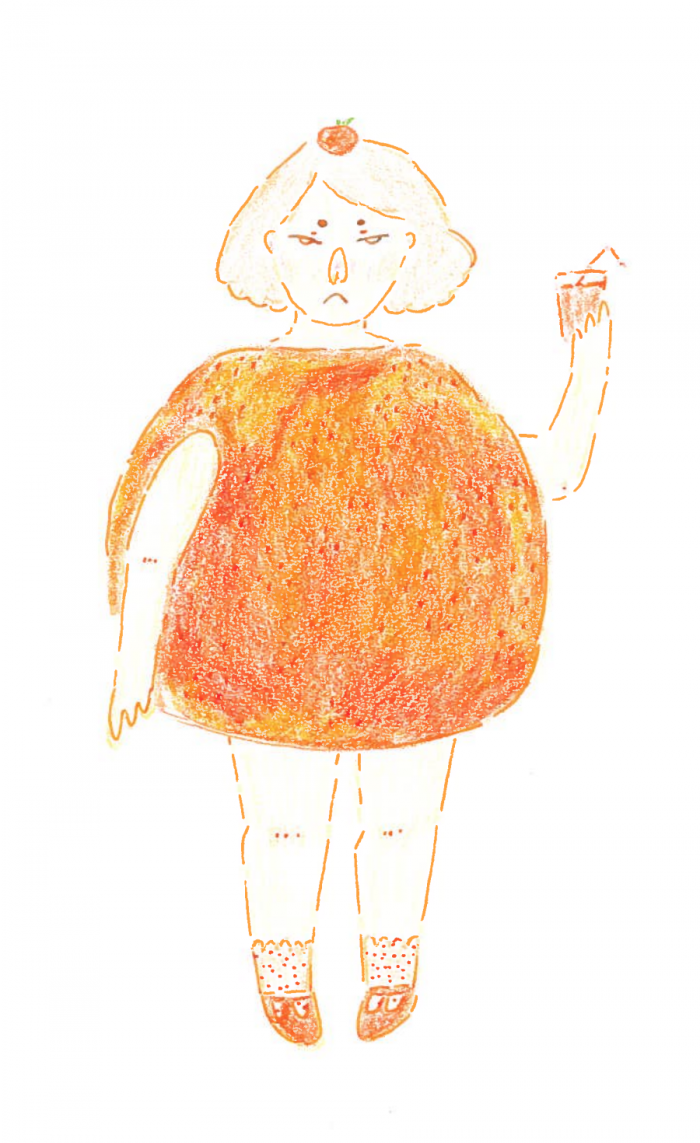It’s that time of the year again. Flu season is upon us, and everyone seems to be getting sick.
Most people resort to their personal catalogue of remedies and preventive strategies to avoid the winter plague—among them, reaching for a bottle of ascorbic acid, or vitamin C.
The theory that vitamin C could prevent the common cold first received public interest when Linus Pauling, a famous American chemist and winner of the 1954 Nobel Prize in Chemistry, put the idea to the test. In 1970, Pauling published Vitamin C and the Common Cold, a book outlining his belief that vitamin C could provide a cure for this everyday ailment.
Pauling was met with harsh criticism from his peers after the book’s publication. Today, there remains little backing for his claims in scientific literature, with the majority of evidence showing that vitamin C neither prevents nor cures one’s cold symptoms.
While the vitamin may not prevent colds, it serves a number of other purposes. Joe Schwarcz, director of the Office for Science and Society and a professor in the Department of Chemistry, discussed the role of vitamins in maintaining overall health with The McGill Tribune.
“[Vitamins are] any substance that the body cannot manufacture and therefore must be provided by the diet to prevent certain diseases,” Schwarcz said.
For over 200 years, vitamin C has been used as a treatment for scurvy, a disease resulting from a lack of the vitamin that causes gum disease, weakness, and skin hemorrhaging. While vitamin C deficiencies are obviously detrimental to human health, controversy has arisen around whether or not the vitamin is beneficial in excess. Vitamin C’s primary purpose in the body is in the growth and repair of connective tissues, and is required for the functioning of a number of enzymes. More generally, it works as an antioxidant, a property that has given it plenty of attention as a potential cold remedy.
“There has been a lot of discussion about [vitamin C] being an antioxidant,” Schwarcz said. “In that way reducing the risk of various diseases in which free radicals are implicated.”
Free radicals are molecules in the body that are produced as byproducts of oxygen metabolism. These unpaired molecules can cause significant damage to living cells, increasing a person’s vulnerability to viral infections like colds. Antioxidants like vitamin C safely interact with free radicals, preventing them from damaging vital cells. This argument has become the basis of how antioxidant supplements like vitamin C can treat a variety of diseases, among them the common cold.
Although these assumptions seem reasonable, Schwarcz explained that current research does not sustain these claims.
In clinical trials, vitamin C has never been able to stop the cold virus from entering the body. This medical application has rarely been successful, save for some modern vaccinations.
“Taking a supplemental dose of vitamin C will in no way prevent you from coming into contact with a virus that can lead to a cold,” Laura Plante, a McGill instructor and Registered Dietician, wrote in an email to the Tribune.
While vitamin C may not prevent or cure the common cold, some studies have shown that large doses at the onset of symptoms could reduce their severity. However, Schwarcz expressed that even this finding remains contentious in the scientific community.
Deficiencies of any vitamin can lead to serious health complications. The best strategy for remaining healthy during the year is to get your daily intake of vitamin C through fruits and vegetables.
“Citruses are generally thought to be the best sources [of vitamin C], [although] red bell peppers supply us with up to double the vitamin C in [a portion of the same size],” Plante said.
While eating foods rich in vitamin C may reduce your chance of scurvy, there is no consensus supporting the idea that vitamin C is an effective cold remedy.
“There is no magic cure,” Plante said. “Science holds no proof that chicken soup helps cure the common cold either! Still, that has yet to stop us from having a bowl and presumably [feeling] its benefits.”








